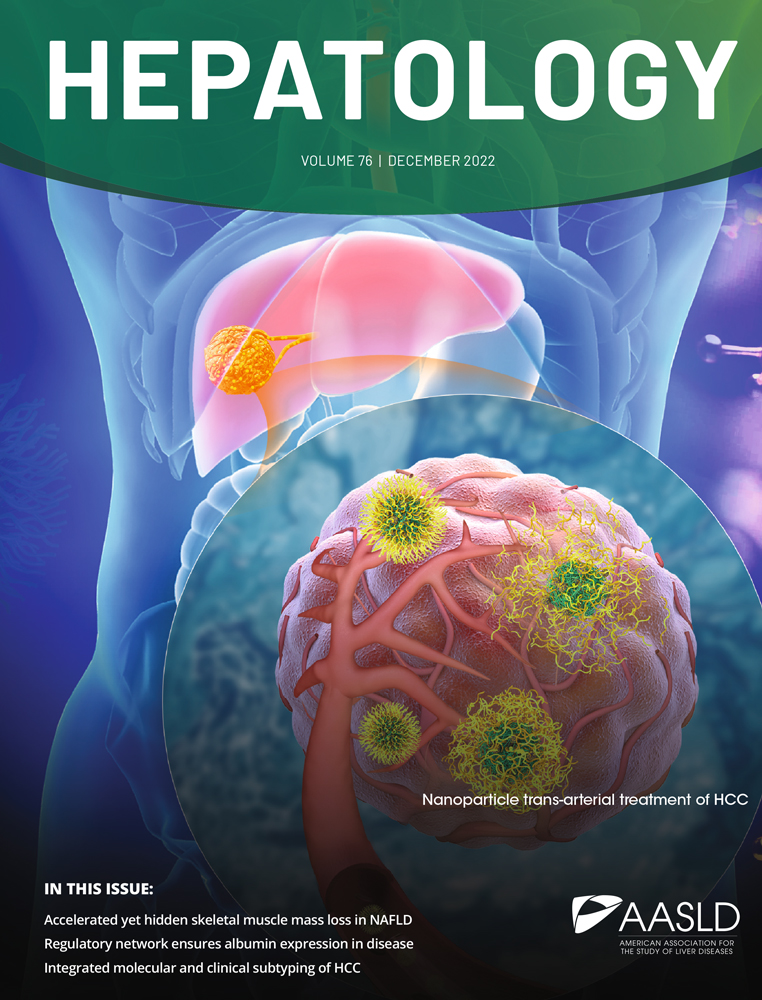Inhibition of the mitochondrial oxidation of fatty acids by tetracycline in mice and in man: Possible role in microvesicular steatosis induced by this antibiotic
Abstract
Intravenous administration of high doses of tetracycline may produce severe microvesicular steatosis of the liver in man. A similar disease is observed after ingestion of drugs which inhibit hepatic mitochondrial fatty acid β-oxidation and in subjects with various inborn defects in this metabolic pathway. We therefore determined the effects of tetracycline on the mitochondrial oxidation of fatty acids in mice and in man.
In vitro, addition of tetracycline 0.25, 0.5, 1 or 2 mM inhibited by 15, 38, 56 and 65%, respectively, the formation of β-oxidation products during incubation of palmitic acid with mouse liver mitochondria and the various cofactors necessary for β-oxidation. Inhibition was reversible. Inhibition appeared even greater with human liver mitochondria.
Tricarboxylic acid cycle activity, assessed by the in vitro formation of [14C]CO2 from [1-14C]acetylcoenzyme A by mouse liver mitochondria, was inhibited by 25, 32 and 43%, respectively, in the presence of 0.5, 1 or 2 mM of tetracycline.
In vivo, administration of tetracycline, 0.25 or 1 mmole per kg, inhibited by 53 and 84%, respectively, the exhalation of [14C]CO2 during the first 3 hours following the administration of a tracer dose of [U-14C] palmitic acid. Administration of tetracycline, 0.0625, 0.25 or 1 mmole per kg, 6 hr before the measurement, increased hepatic triglycerides by 100, 170 and 250%, respectively. After 1 mmole per kg, accumulation of hepatic triglycerides was maximum at 24 hr, reaching 9-fold the control value; liver histology showed microvesicular steatosis at 6 and 24 hr.
We conclude that tetracycline inhibits the mitochondrial oxidation of fatty acids in mice and in man. This effect may contribute to the development and severity of microvesicular steatosis observed after high doses of this antibiotic in man.




